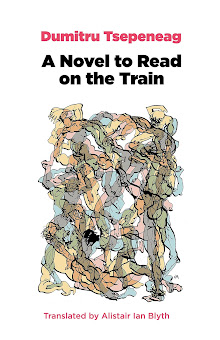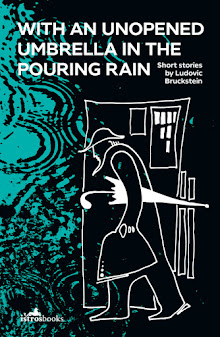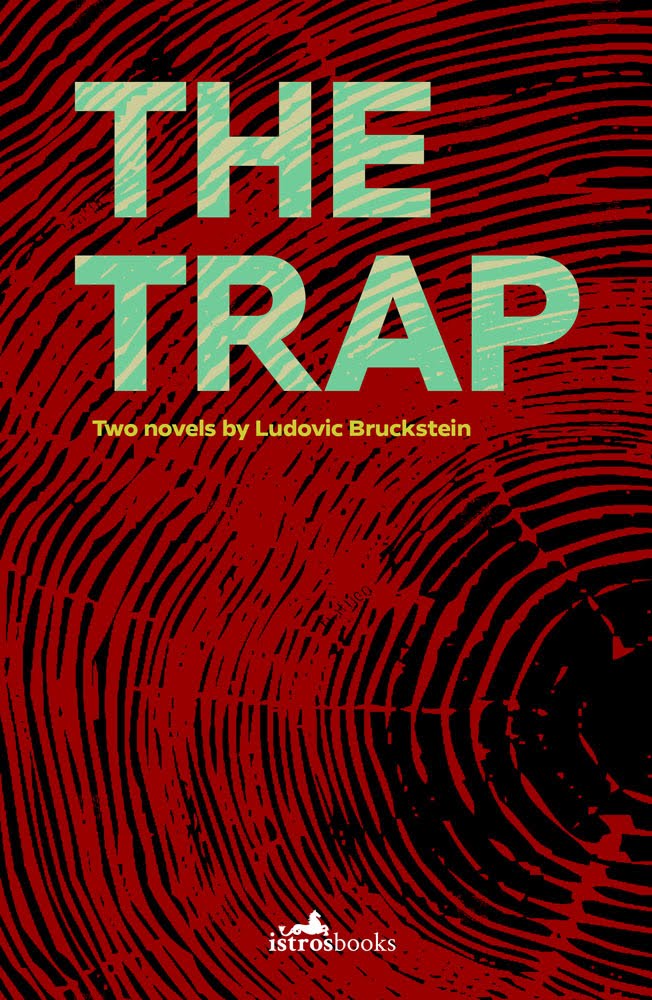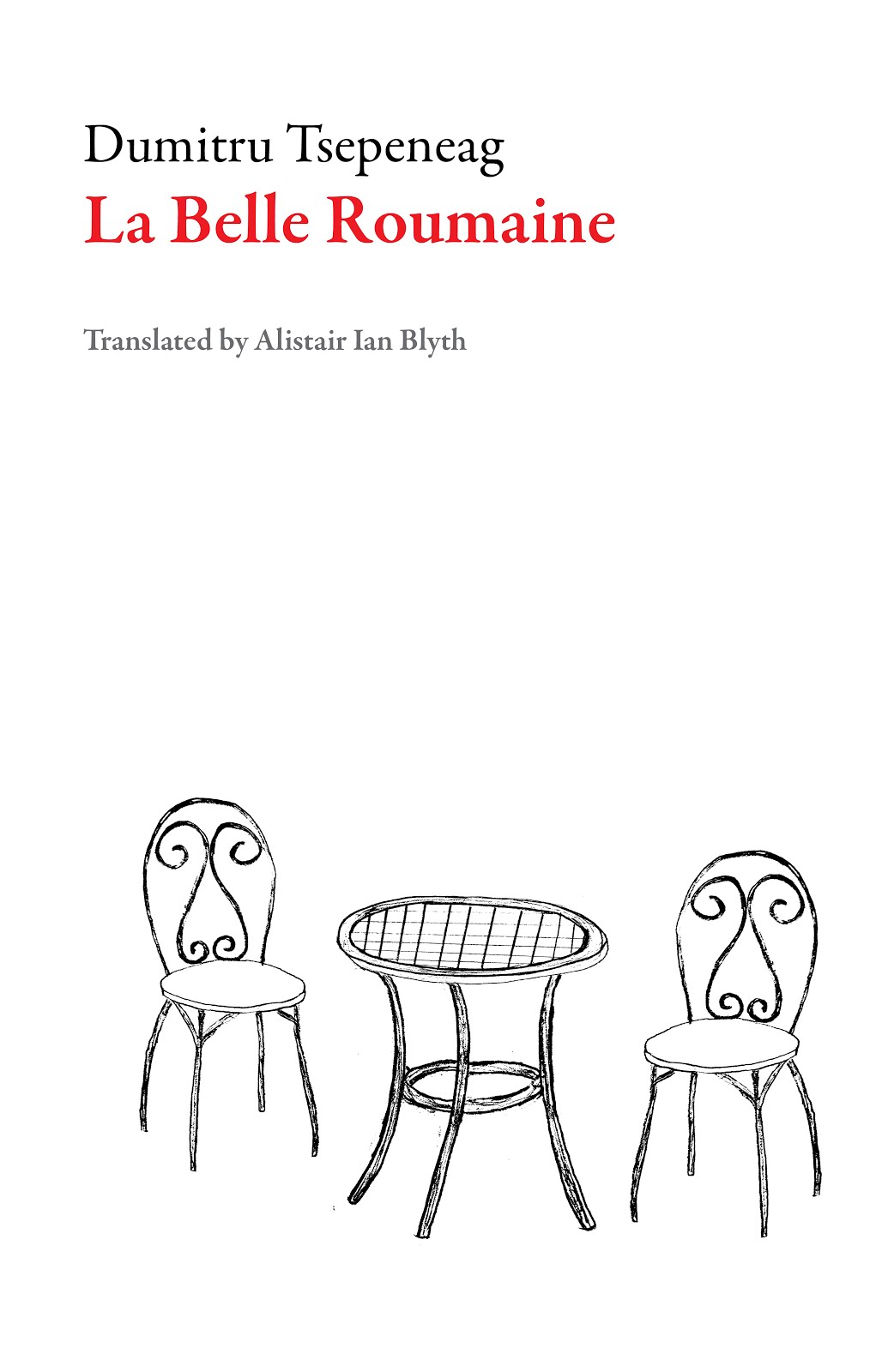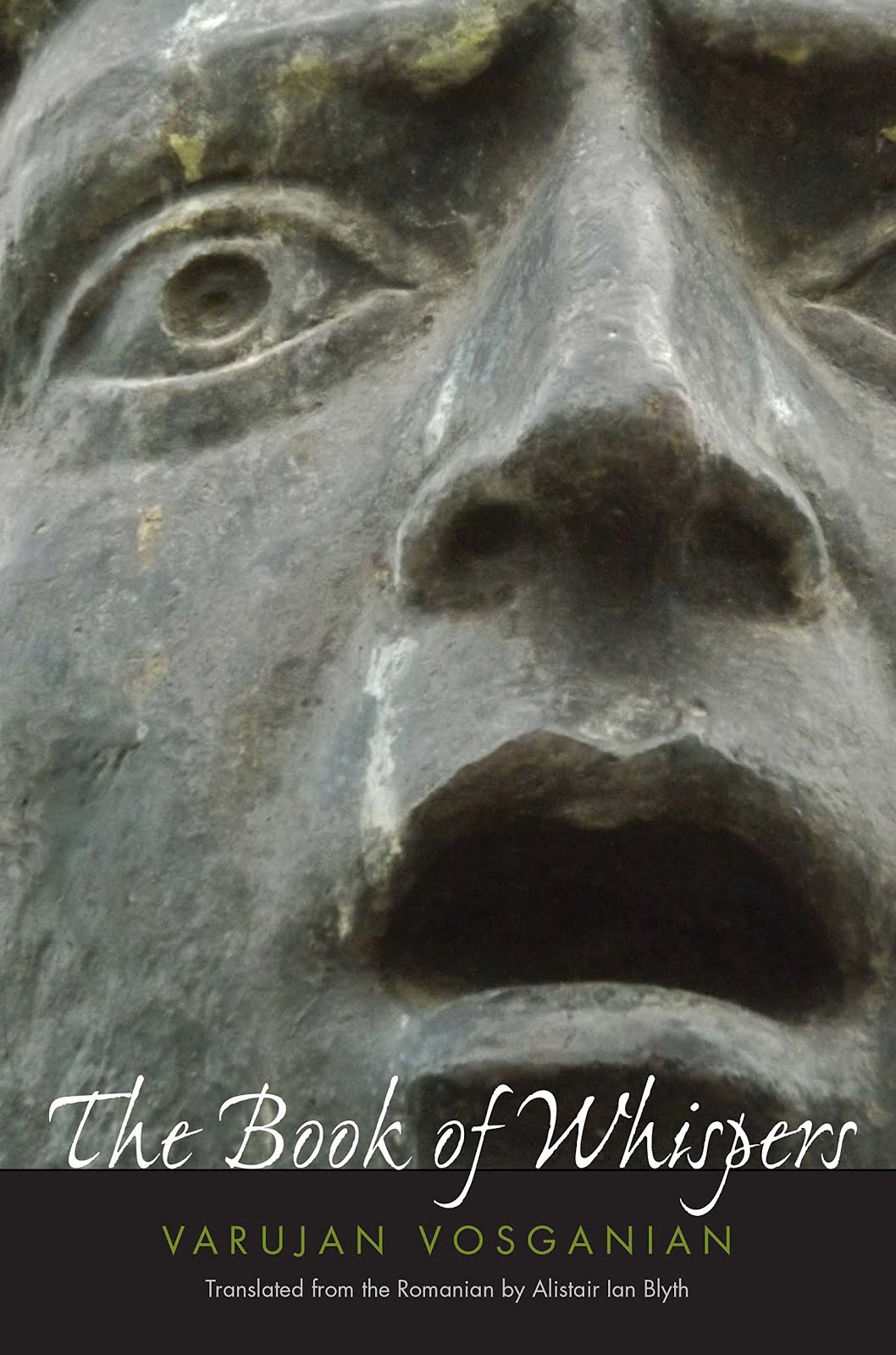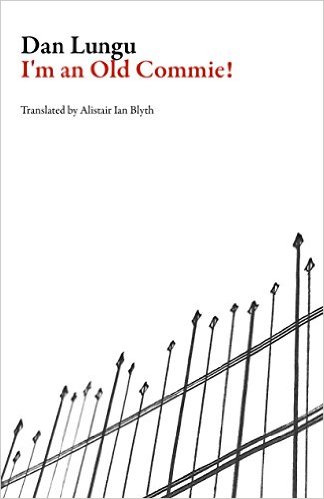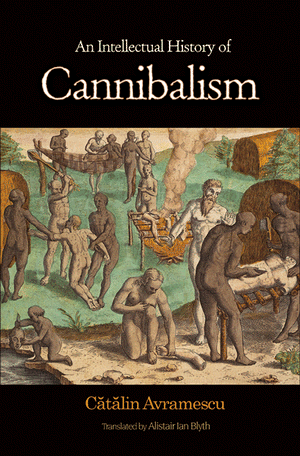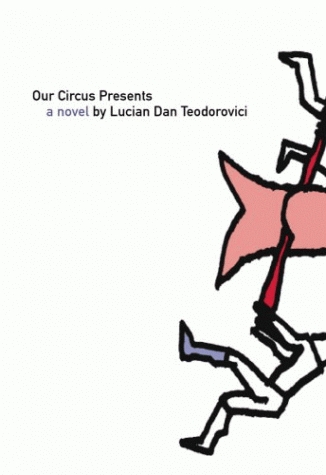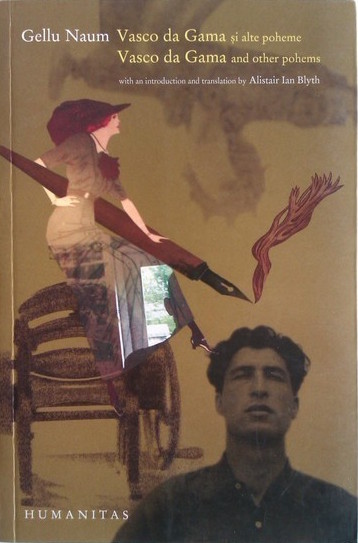I discover already the first phase—Phase 23—of the last quarter in certain friends of mine, and in writers, poets and sculptors admired by these friends, who have a form of strong love and hate hitherto unknown in the arts. It is with them a matter of conscience to live in their own exact instant of time, and they defend their conscience like theologians. They are all absorbed in some technical research to the entire exclusion of the personal dream. It is as though the forms in the stone or in their reverie began to move with an energy which is not that of the human mind. Very often these forms are mechanical, are as it were the mathematical forms that sustain the physical primary—I think of the work of Mr Wyndham Lewis, his powerful ‘cacophony of sardine tins’, and of those marble eggs, or objects of burnished steel too drawn up or tapered out to be called eggs, of M. Brancusi, who has gone further than Mr Wyndham Lewis from recognisable subject matter and so from personality (…) I find at this 23rd Phase which is it is said the first where there is hatred of the abstract, where the intellect turns upon itself, Mr Ezra Pound, Mr Eliot, Mr Joyce, Signor Pirandello, who either eliminate from metaphor the poet’s phantasy and substitute a strangeness discovered by historical or contemporary research or who break up the logical processes of thought by flooding them with associated ideas or words that seem to drift into the mind by chance; or who set side by side as in Henry IV, The Waste Land, Ulysses, the physical primary—a lunatic among his keepers, a man fishing behind a gas works, the vulgarity of a single Dublin day prolonged through 700 pages—and the spiritual primary delirium, the Fisher King, Ulysses’ wandering. It is as though myth and fact, united until the exhaustion of the Renaissance, have now fallen so far apart that man understands for the first time the rigidity of fact, and calls up, by that very recognition, myth—the Mask—which now but gropes its way out of the mind’s dark but will shortly pursue and terrify.
W. B. Yeats, A Vision, ed. Catherine E. Paul and Margaret Mills Harper, Scribner, New York, 1925



